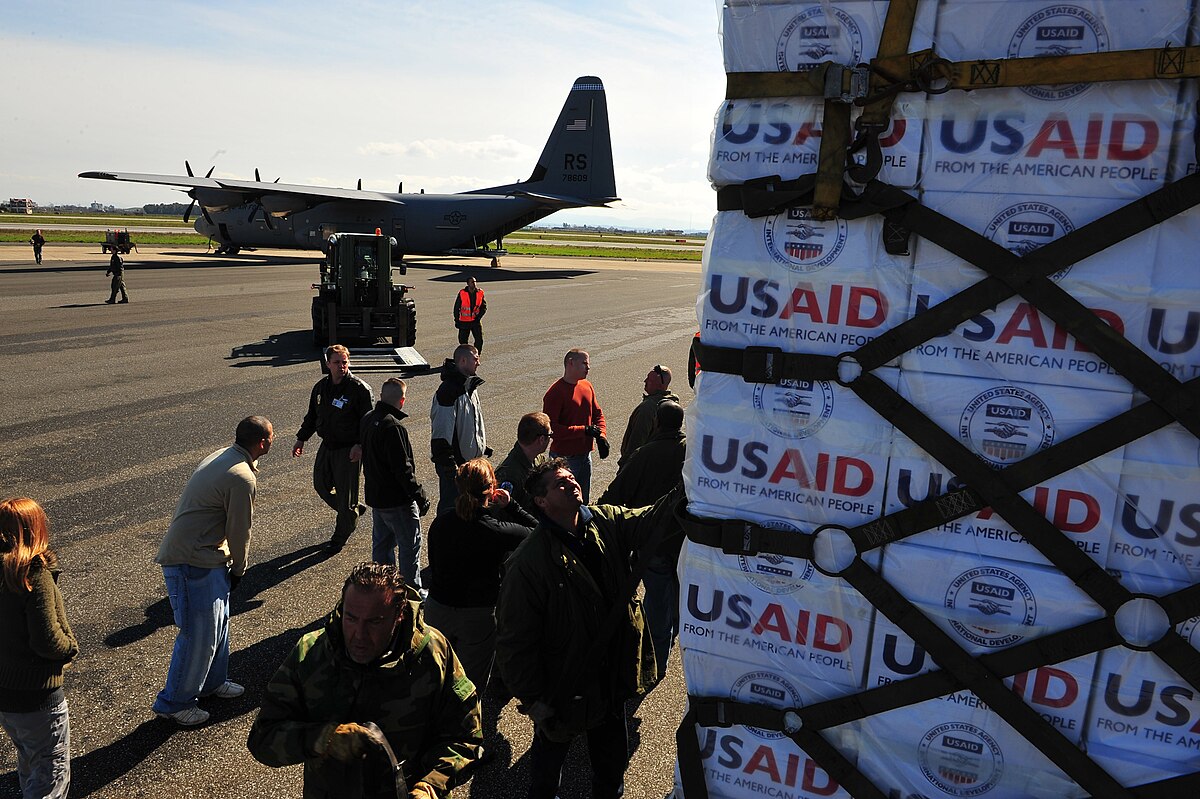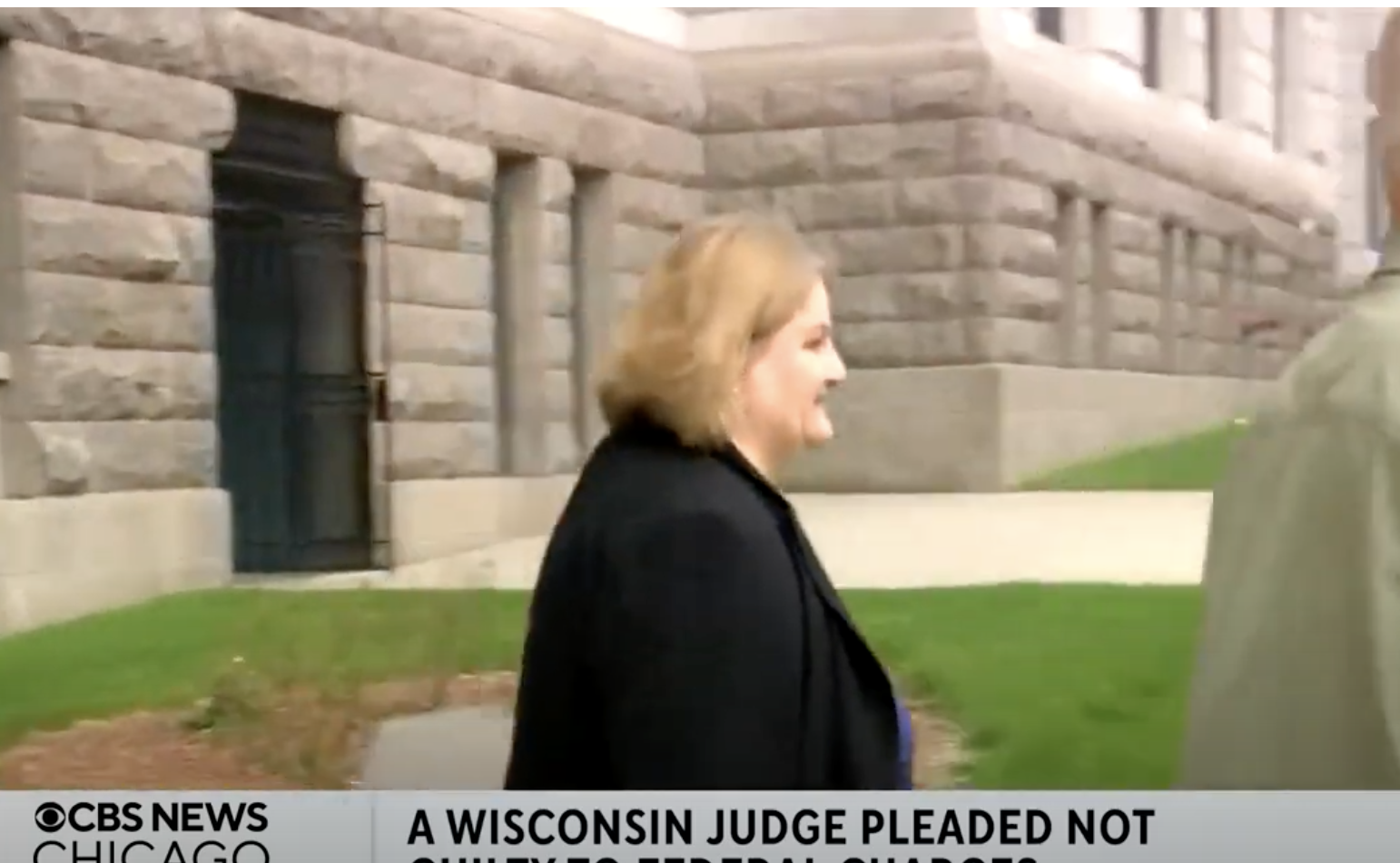The Trump administration has petitioned the U.S. Supreme Court to block a lower court order that mandates the disbursement of billions in foreign aid grants. Solicitor General D. John Sauer filed an emergency application on August 26, seeking a stay on a directive from D.C. District Court Judge Amir Ali.
The case revolves around a freeze on U.S. Agency for International Development (USAID) grants that was enacted early in the Trump administration. This freeze was implemented by Secretary of State Marco Rubio following an executive order from President Trump. Various recipients of the funds subsequently filed legal challenges in the U.S. District Court for the District of Columbia.
On February 25, Judge Ali ordered the Trump administration to resume the distribution of the grant money, which led to the administration’s appeal to the Supreme Court. Sauer argued that the district court’s injunction requires the government to make available the full amount of funds appropriated in the 2024 Appropriations Act.
In a previous ruling on March 5, the Supreme Court declined the administration’s request to pause Ali’s ruling, with a narrow 5-4 decision. Chief Justice John Roberts and Associate Justice Amy Coney Barrett sided with the court’s liberal justices against the administration.
The majority did not provide a detailed explanation for their decision but instructed the district court to clarify the government’s obligations under the temporary restraining order. According to SCOTUSblog, Judge Ali later concluded that the Trump administration likely violated federal law and the Constitution by canceling funds earmarked for foreign aid.
Sauer’s application argues that without Supreme Court intervention, the D.C. Circuit’s inaction could force the government to obligate approximately $12 billion in foreign aid funds by September 30. He stated, “This will effectively force the government to rapidly obligate some $12 billion in foreign-aid funds that would expire September 30 and to continue obligating tens of billions of dollars more.”
The solicitor general emphasized that this situation could override the Executive Branch’s foreign policy decisions and hinder interbranch dialogue. He also noted that if the Supreme Court does not grant relief by September 2, the government would need to undertake extensive preliminary steps that could cause irreparable harm to U.S. interests.
Critics of the administration’s actions, including some legal analysts, argue that the freeze on foreign aid undermines U.S. commitments abroad and could damage diplomatic relations. They contend that the administration’s approach may lead to significant consequences for international partnerships.
The Trump administration has requested a decision from the Supreme Court by September 2. The outcome of this case could have substantial implications for U.S. foreign aid policy and the balance of power between the legislative and executive branches regarding appropriations.
READ Trump's Chinese Student Visa Policy Is An Un-American Risk



